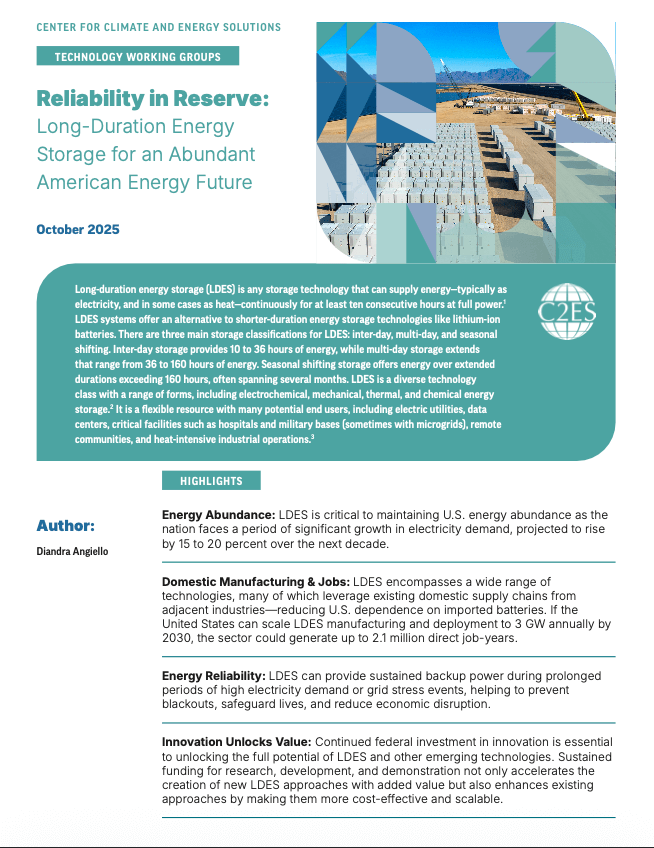Placing a price on carbon provides a market-based solution to […]
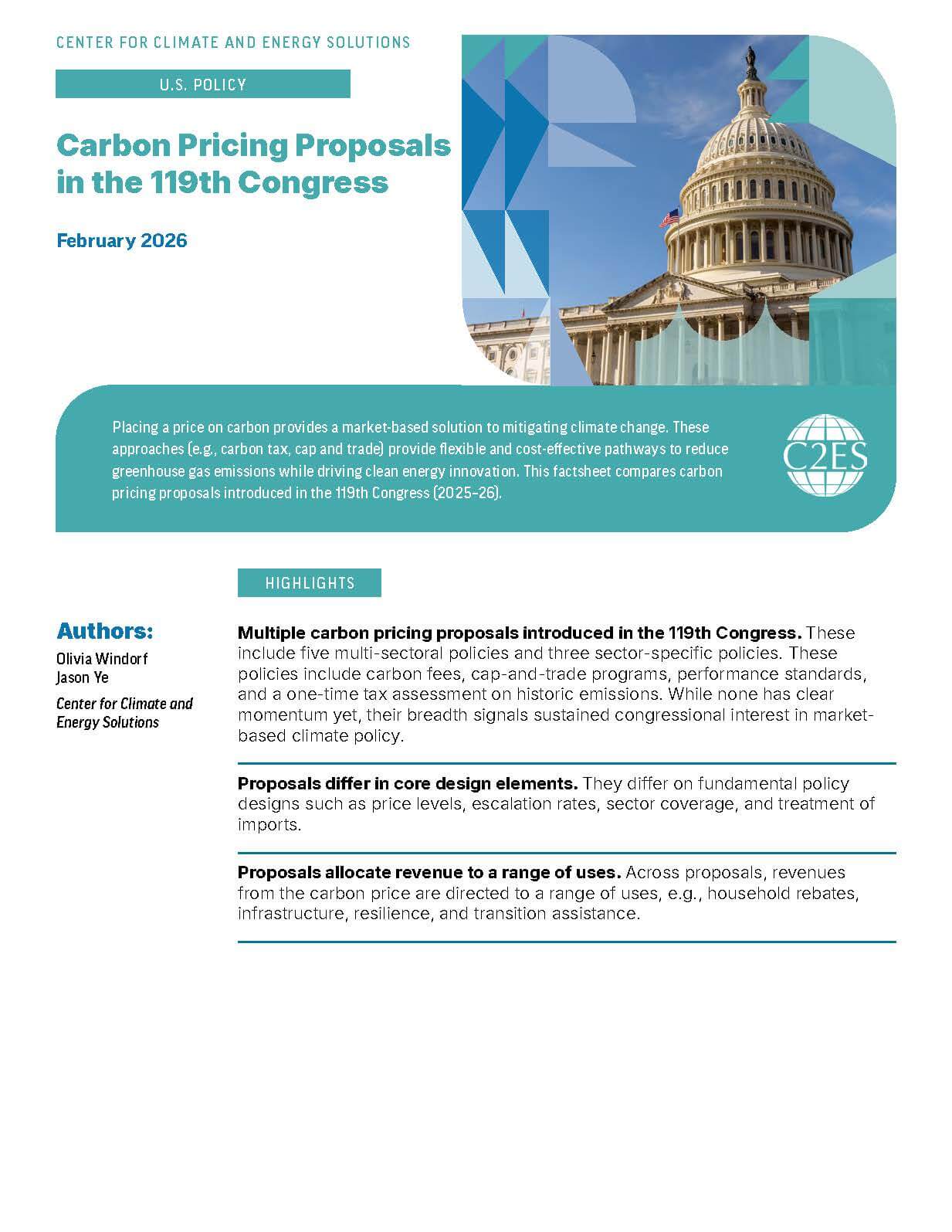

Placing a price on carbon provides a market-based solution to […]

Our analysis of key negotiations and outcomes from COP30.
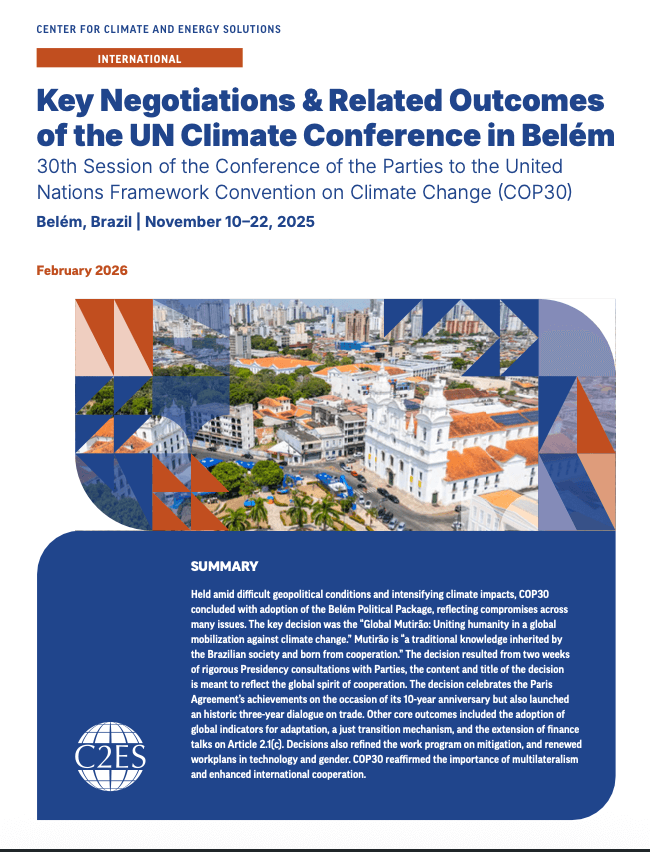
The Innovation Policy Matrix is a comprehensive framework that helps policymakers assess technology development stages, identify ecosystem barriers, and craft effective innovation policies by recognizing the roles of public and private sectors throughout the innovation process.
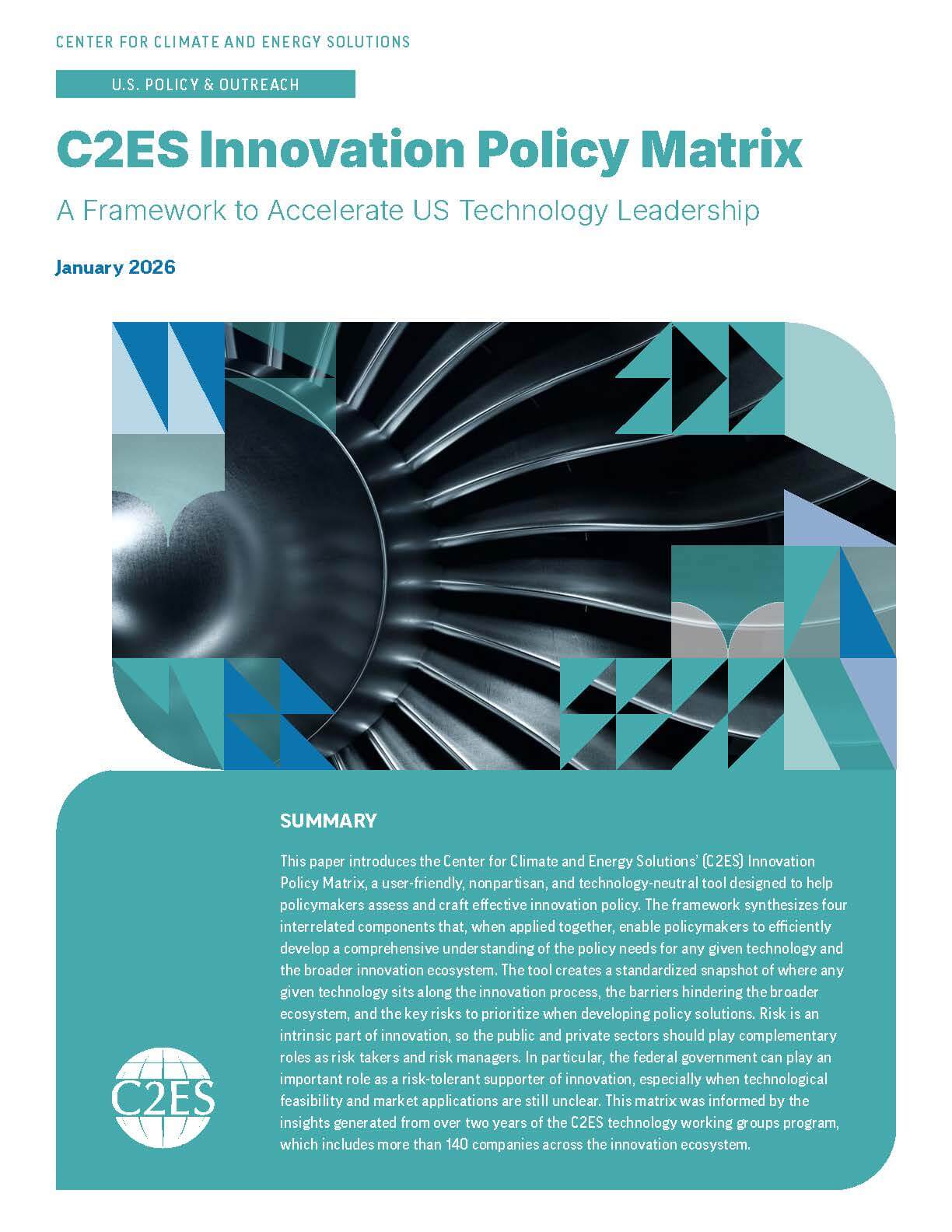
There has been a surge in interest in the relationship […]
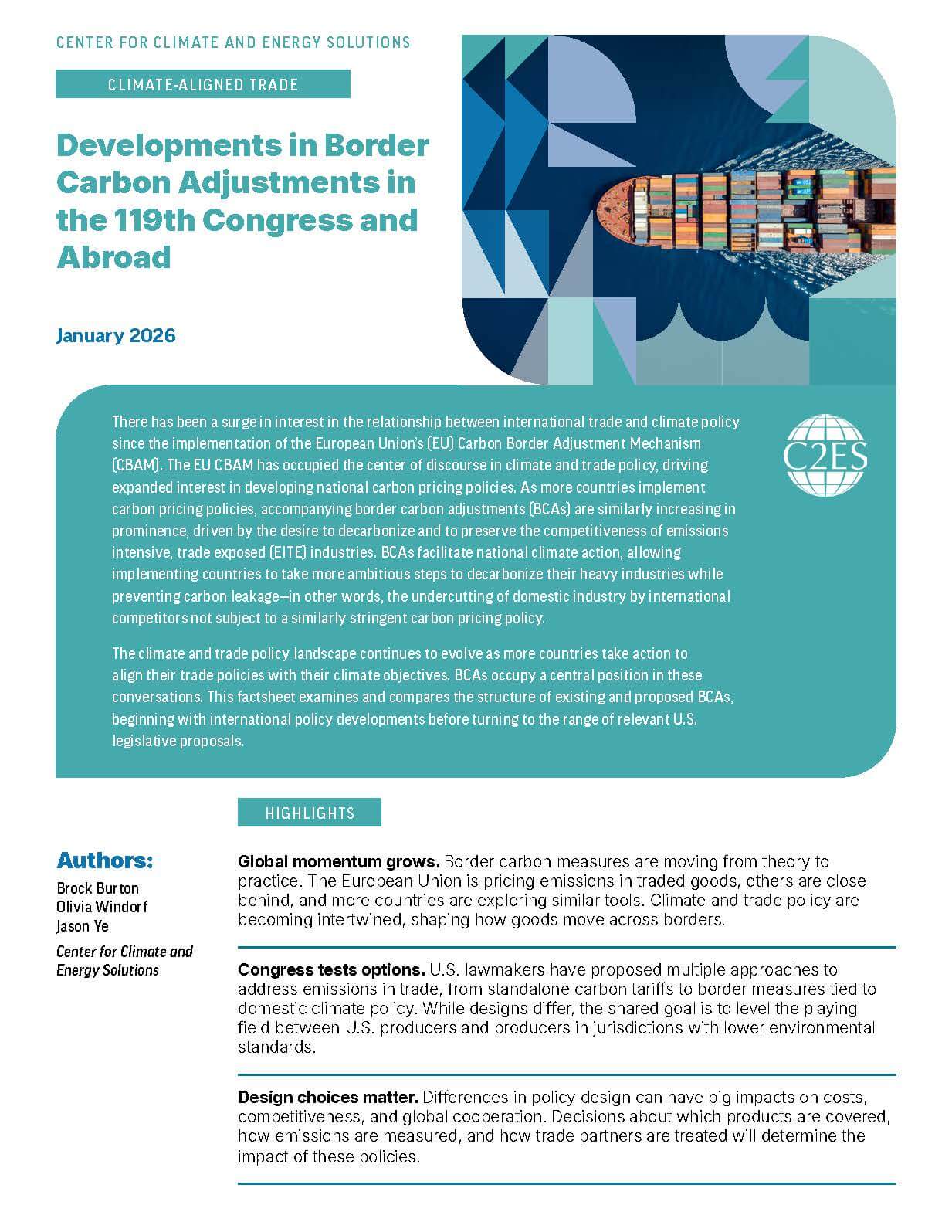
Border carbon adjustments (BCAs) are a policy instrument intended to […]
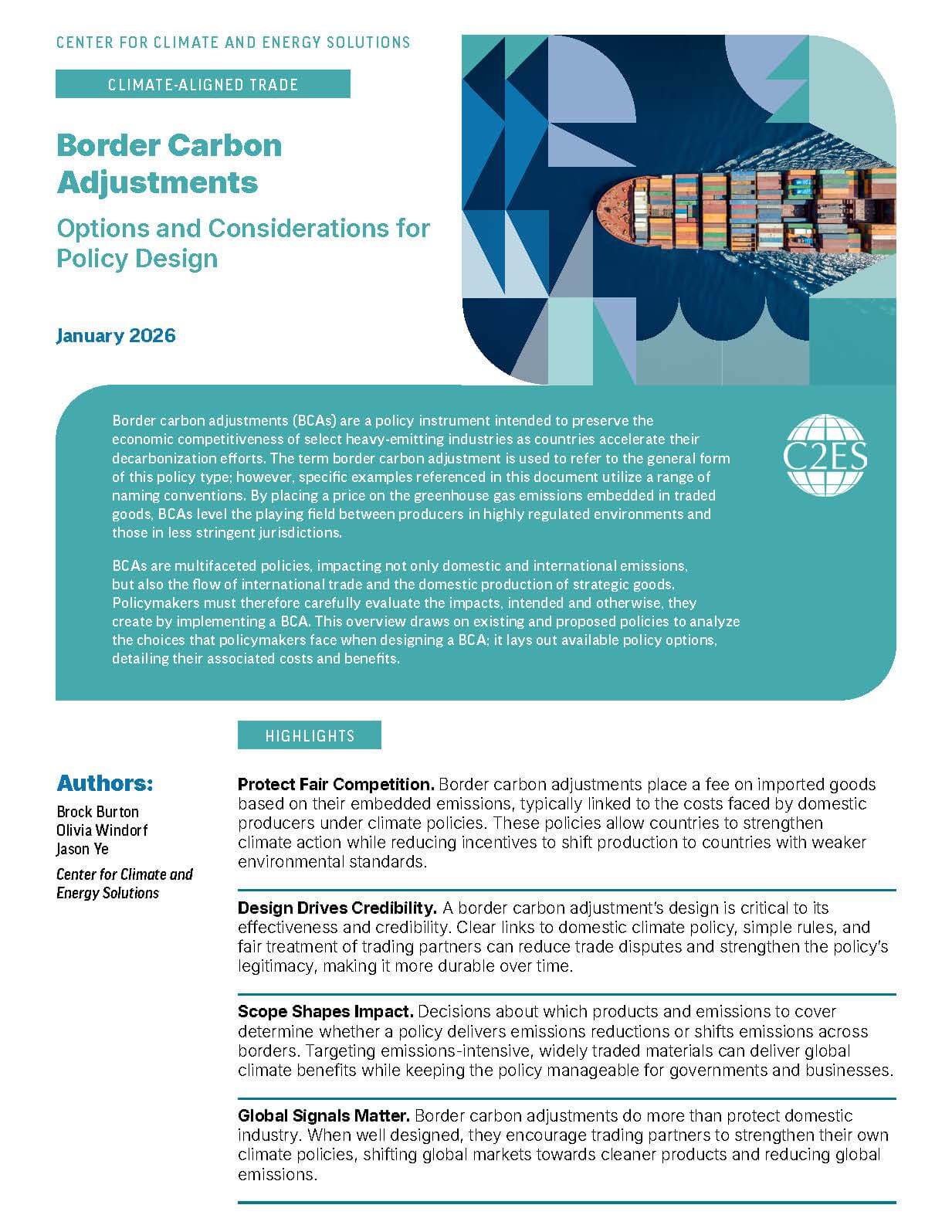
Physical climate impacts are fundamentally reshaping the risk landscape for global businesses. Through six dialogues conducted in 2025, the Climate…
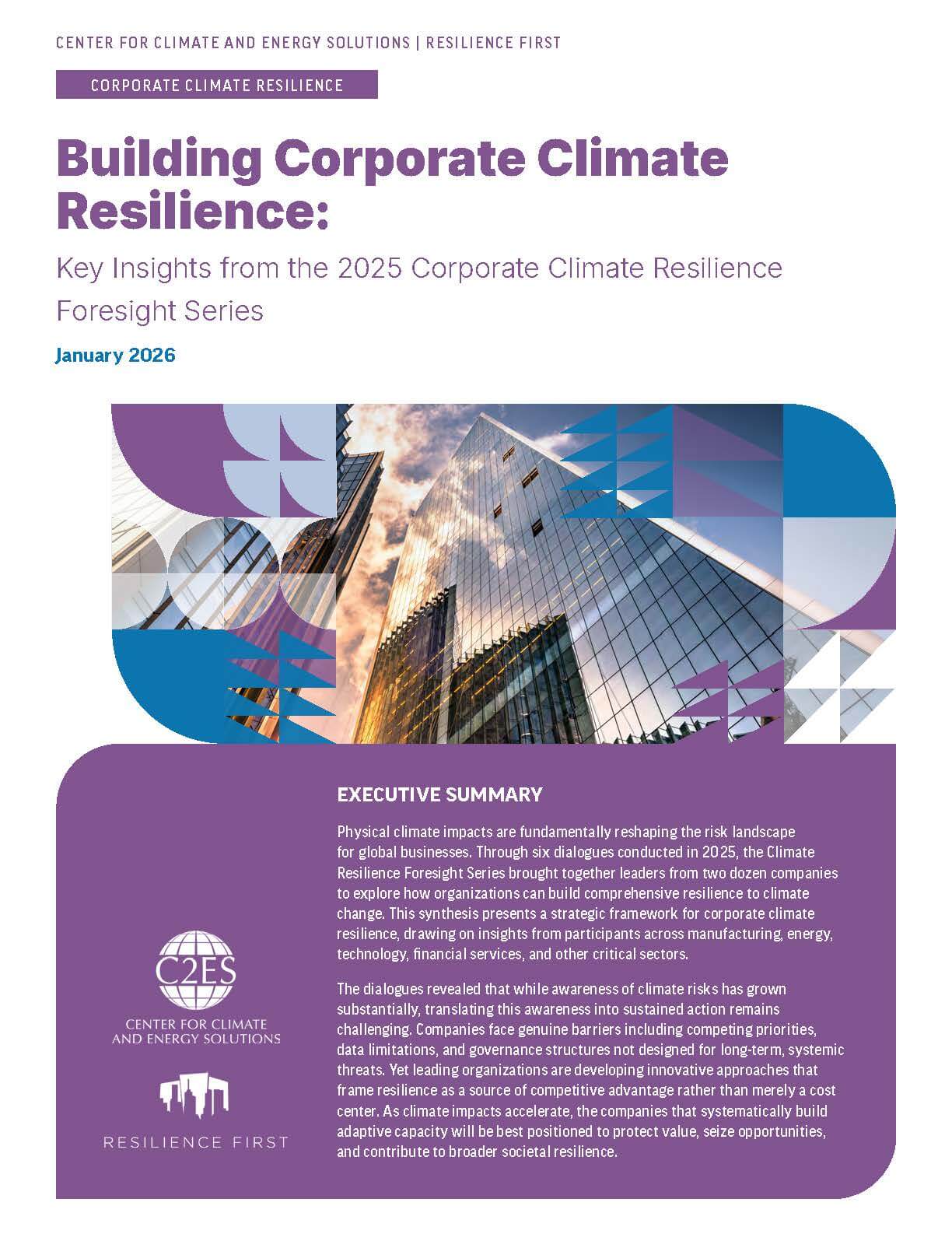
This factsheet explores clean hydrogen, a critical commodity in major industrial and chemical processes, from petroleum refining to fertilizer production.
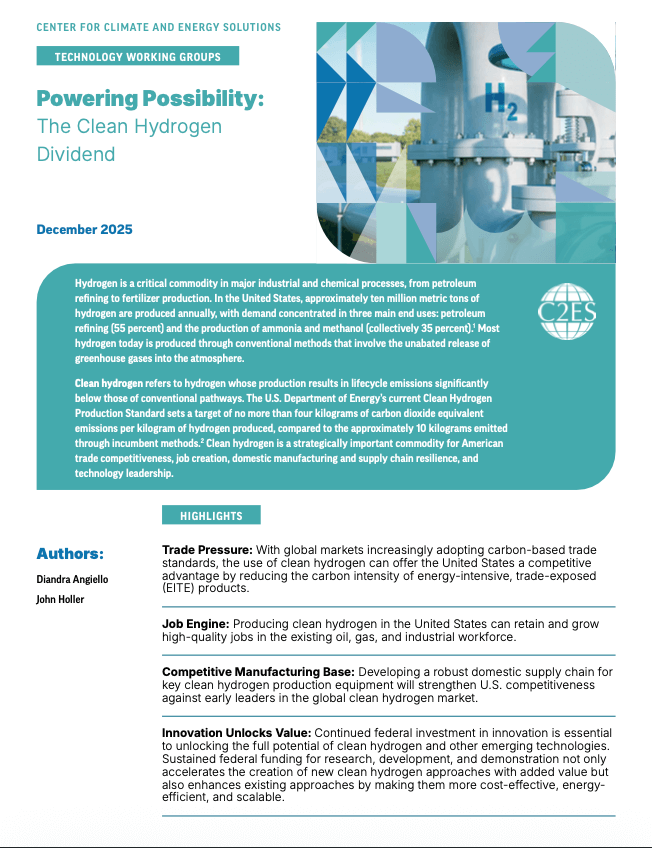
This factsheet explores sustainable aviation fuel (SAF), a non-petroleum jet fuel certified for use in commercial and military aircraft.
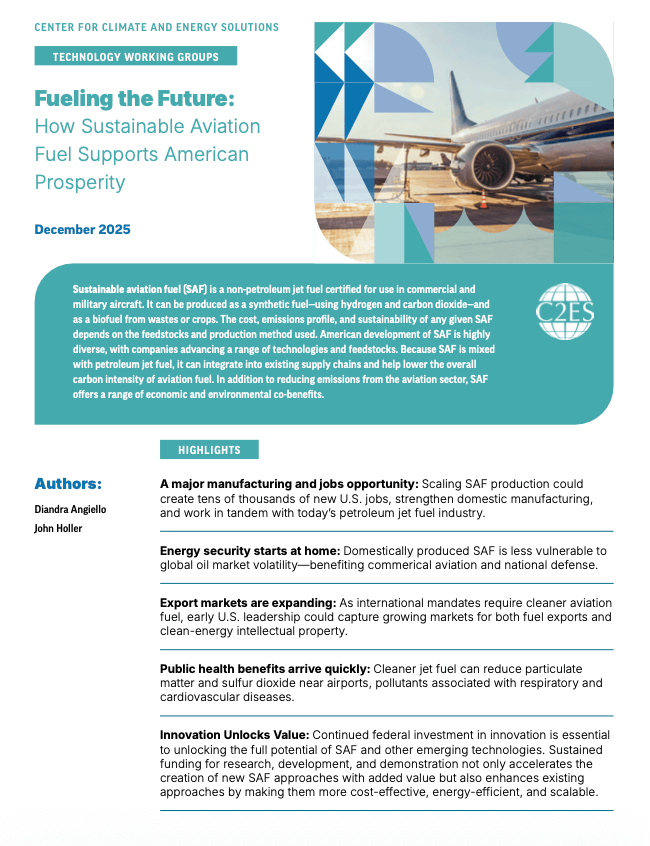
This factsheet explores engineered carbon removal (ECR), a form of carbon dioxide removal (CDR) that uses human-made technologies to capture carbon dioxide from ambient air or oceans.
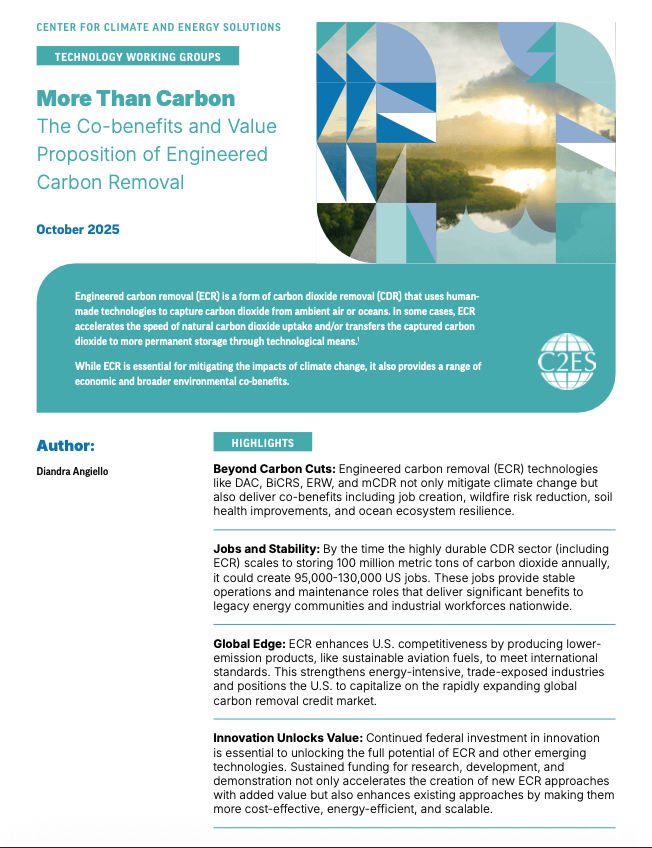
This factsheet explores long-duration energy storage (LDES), a storage technology that can supply energy—typically as electricity, and in some cases as heat—continuously for at least ten consecutive hours at full power.
